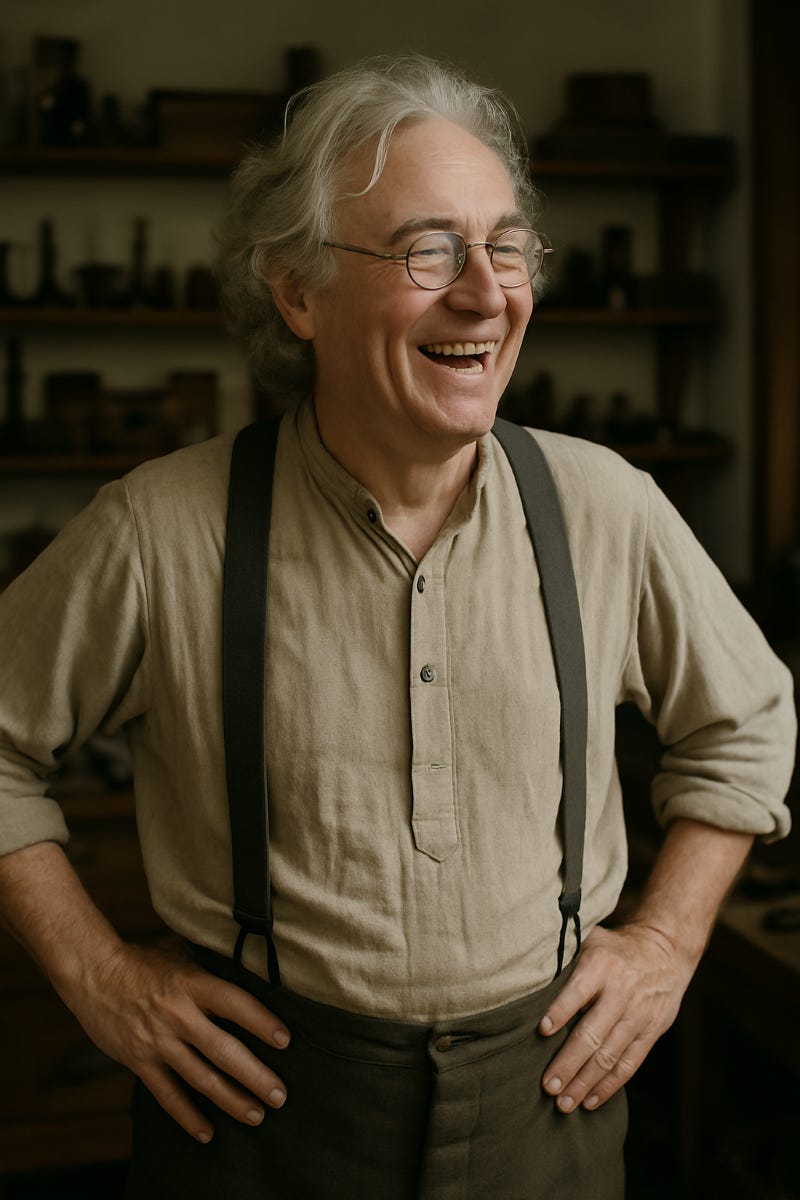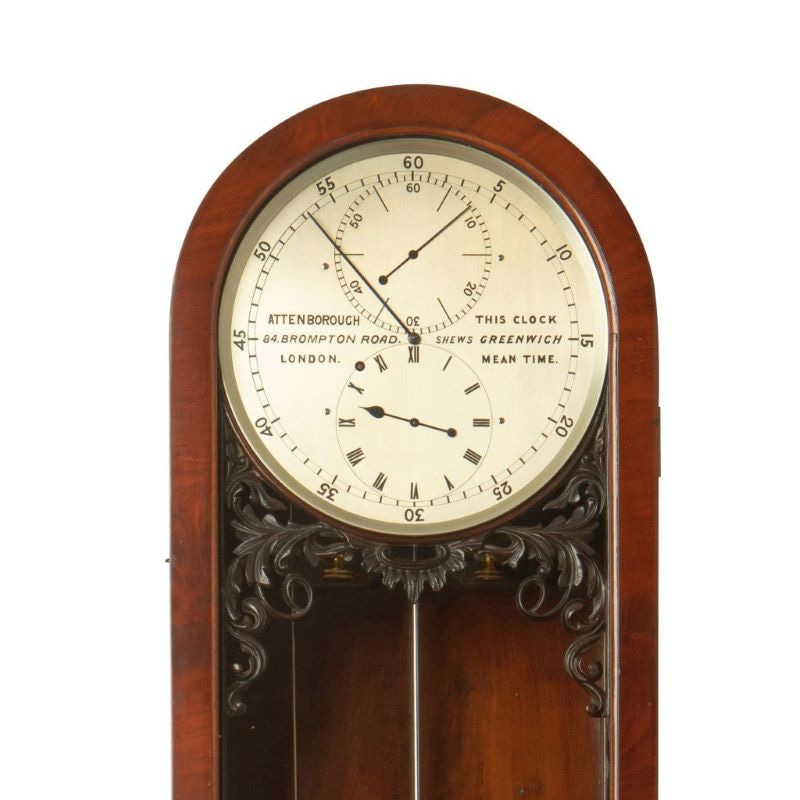It was a Wednesday, late in the forenoon, when the gentleman from Mr. Jefferson’s estate arrived. He did not introduce himself as a politician, nor did he bear any of the usual airs of one accustomed to being fawned over. He came as a student of nature, of time, of light, of air. A fellow pursuer of order in the midst of God’s creation.
The man bore a letter with Mr. Jefferson’s own hand. I recognized the script at once; it was the same as I had seen some years prior, when a parcel of French brass arrived with a polite inquiry as to whether I might repair a broken barograph once used at the College of William and Mary. This time, the request was more ambitious.
Mr. Jefferson wished to establish a complete weather station on the grounds of Monticello, "to track the invisible movements of the heavens," as the letter put it. He asked for my assistance in building several instruments: a precision barometer, a dry-and-wet bulb hygrometer, a wind vane of durable construction, a large ship’s chronometer, and a rain gauge “of artful construction”, to be fixed near his garden walk.
Ezra had been at his workbench, sorting fine chain links for a longcase regulator we are assembling for the seminary. Upon hearing the visitor mention Monticello, he began a shanty about Mr. Jefferson’s famous collections.
Monticello’s up real high, Touchin’ near the mountain sky. Mister Jefferson’s got some stuff— Clocks and bugs and bones and fluff. Big ol’ teeth from some lost beast, Draws the stars and writes the East. Keeps his books in secret rows, Even has a weatherglass that knows. I’d bring him chains all polished neat, Build a clock that skips no beat. Bet his house just hums at night— Tickin’ soft and glowin’ light.
The gentleman from Virginia, observing Ezra with quiet amusement, asked if the boy assisted in the shop. “He does more than assist,” I replied. “The lad has an eye for balance and rhythm uncommon in one so young. He listens, watches, and remembers, like a movement wound tight and true.”
At this, Pascal leapt up from his sleeping nook and strutted across the bench as if summoned to verify the claim. The visitor laughed aloud, then reached to scratch behind the cat’s ear. “Professional mouser?” he said.
I responded truthfully. “Hobbyist.”
We spent much of the afternoon reviewing sketches Mr. Jefferson had provided, annotated with observations in both English and French. Some portions I found wanting in mechanical precision, his mind leans more toward architecture than gears, but his vision was sound. A garden, open to the sky, where the temperature, wind, and pressure might be recorded each day at dawn and dusk.
When I explained to Ezra the purpose of each instrument, he began humming a new rhythm under his breath, tapping the tempo of raindrops on the counterweight shelf. I suspect a new shanty is forming—one of weather and wind, of clouds that speak in barometric sighs.
As our guest departed, he left behind a small wooden case with polished fittings. “A token of esteem,” he said. Inside was a rare French escapement wheel, clearly salvaged from a damaged marine chronometer. I shall keep it for Ezra’s future projects.
This commission shall take three months at least, perhaps four, but I welcome it. Not for the prestige, nor for the coin, but because it is good work. Honest work. Work that marks time not in profit, but in presence—in attention.
That, I think, is what the old man in Monticello still seeks. A way to bear witness to each passing moment.
M.V.







Grabs one’s attention.